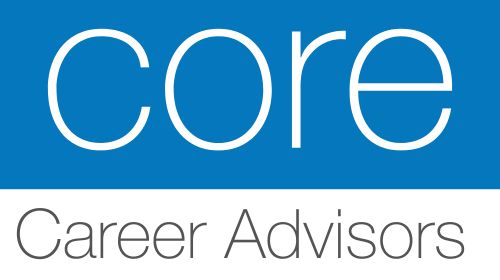
As students invest in an MBA, they often look to their professors for guidance not only in academics but also in career development. However, while professors may be invaluable in imparting theoretical knowledge and academic insights, there’s an increasing concern about whether they are well-suited to provide meaningful career advice. Here’s why professors teaching MBA programs may not be the best source for career guidance—and why students should seek advice from seasoned industry professionals instead.
- Limited Hiring Experience in Today’s Market
Professors are typically hired by academic institutions, which operate with significantly different hiring practices than those found in industries where MBA students aspire to work. Most professors, especially in highly theoretical subjects, have limited hands-on experience in today’s fast-paced corporate hiring landscape. Their insights into how organizations evaluate candidates or make hiring decisions may be outdated or misaligned with the realities of competitive corporate environments. For example, employers today rely heavily on behavioral interviews, data-driven hiring tools, and AI screening methods—areas where academic faculty may lack firsthand experience.
- The Role of Academia vs. Industry
Many MBA professors have spent most of their careers in academia, an environment distinctively different from corporate workplaces. In academia, career progression is based on research output, publications, and tenure, with a strong focus on individual achievements rather than the collaborative and results-oriented metrics used in corporate sectors. This divide means that professors may not fully understand the nuances of industry trends, corporate culture, or practical strategies for career advancement in competitive fields such as consulting, finance, technology, or marketing.
- Outdated Knowledge of Hiring Trends and Tools
Hiring practices evolve rapidly, and professionals responsible for career development need to stay current with the latest industry trends. For instance, the advent of applicant tracking systems (ATS), online portfolio requirements, and emphasis on networking through platforms like LinkedIn have all shifted the ways employers assess and recruit talent. Professors who last engaged with the corporate world decades ago may inadvertently provide outdated guidance that could hinder, rather than help, students navigating the hiring process. Industry professionals, on the other hand, are attuned to the latest hiring practices and can provide actionable advice.
- Over-Reliance on Generalized Advice
MBA professors often offer generalized advice—such as “networking is key” or “build a personal brand”—without understanding the specific challenges that students face in their job search. While this advice may sound encouraging, it’s often too broad and lacks the depth that comes from direct experience in navigating corporate career paths. Students need specific, targeted guidance tailored to the roles they are pursuing, the industries they are interested in, and the challenges unique to each field.
- Misalignment with Employer Expectations
Employers today seek candidates who can demonstrate skills in leadership, adaptability, problem-solving, and teamwork. However, academic success and workplace success often differ substantially in how these skills are developed and applied. Professors may overemphasize the importance of academic achievements or certain skill sets that don’t directly translate to corporate roles, leading students to focus on areas that may not significantly impact their career outcomes. In contrast, professionals who actively participate in hiring understand what competencies employers prioritize and can help students prepare effectively for real-world expectations.
- The Importance of Networking and Industry Connections
Networking is one of the most critical aspects of career growth, and having the right connections can significantly boost an MBA student’s job prospects. Industry professionals have active networks within the sectors they work in and can introduce students to potential employers or mentors who are relevant to their goals. Professors, however, are more likely to have connections within academic circles, which may be of limited value to students aiming for careers in corporate roles. Students benefit most from industry connections that can offer firsthand advice, referrals, and potential job leads—something MBA professors may not be able to provide effectively.
- Value of Career Coaches and Professional Advisors
Career coaches, recruiters, and mentors within the industry have firsthand knowledge of what hiring managers look for and how candidates can make a strong impression. Career coaches, particularly those with experience as recruiters or hiring managers, offer valuable insights into the hiring process and can provide strategic guidance that professors may lack. Professional career advisors can assist MBA students with resume optimization, LinkedIn profile development, interview preparation, and even negotiation tactics—tailoring each step to align with the student’s career goals and the latest industry standards.
Final Thoughts: Where MBA Students Should Turn for Career Advice
For MBA students seeking career guidance, industry professionals, career coaches, and recruiters can provide a more comprehensive and accurate perspective than most professors. These professionals offer direct insights into what companies are looking for, how to stand out in the job market, and how to successfully navigate complex hiring processes.
While professors play an essential role in delivering knowledge, the career landscape requires a different skill set—one that comes from lived experience in hiring and talent development. MBA students can benefit immensely by supplementing their academic training with advice from experts who understand the modern corporate world, helping them launch careers with clarity, confidence, and real-world insights that will lead to success.
